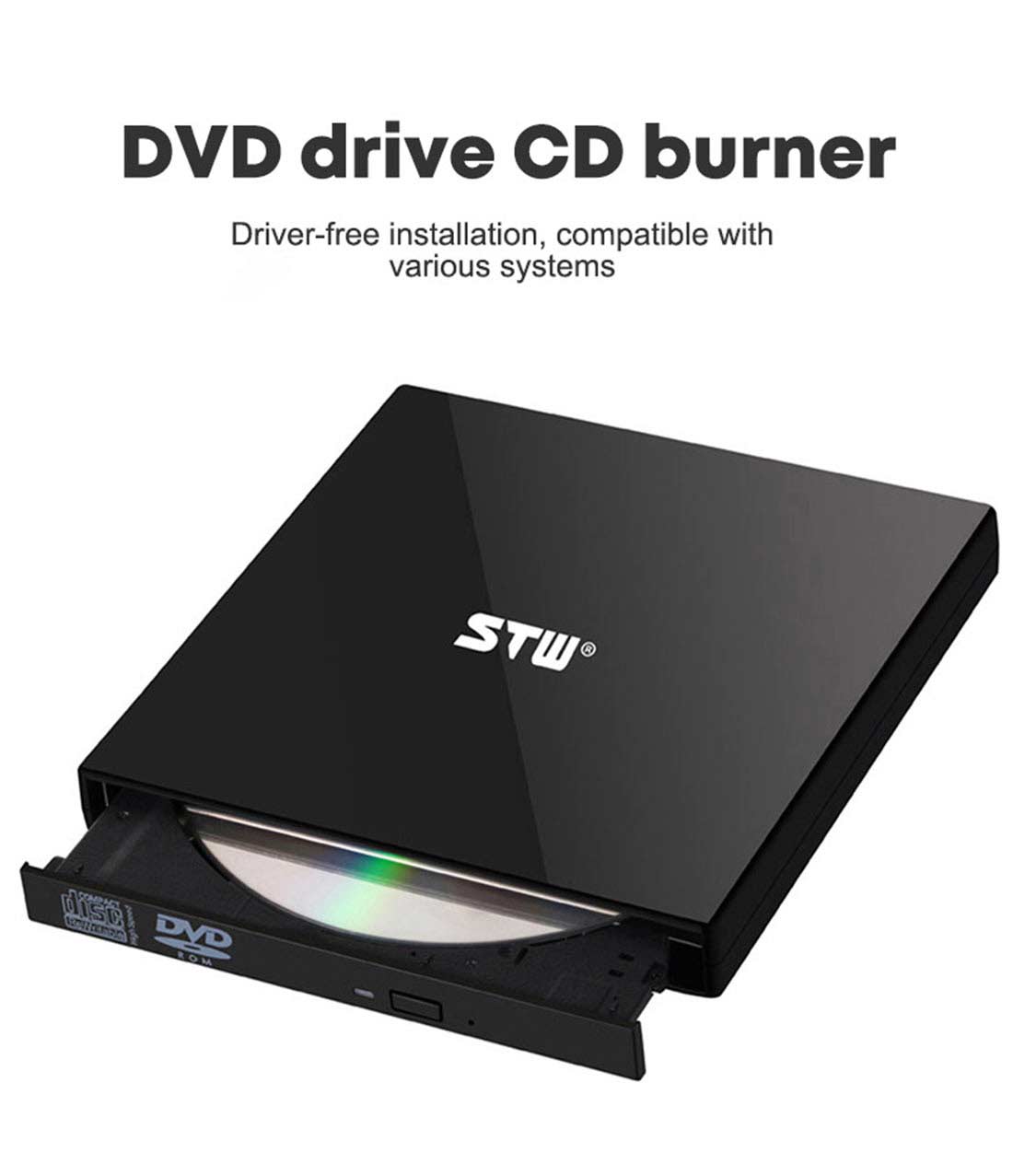First of all, the storage principle of optical disc is to use laser to "carve" the physical trace under the metal layer of the disc, and this trace itself will hardly age, which is difficult to change due to the temperature of the environment. This means that once the disc is burned, the information storage life is almost permanent. To put it simply, if you burn a disc and then throw it away. In theory, the data in the CD can be read out after 1000 years. In contrast, the service life of traditional mechanical hard disks is less than ten years. When the flash disk is not powered, the data can only be stored safely for several months. For enterprises and individuals who need to save data with low power consumption and for a long time, the life advantage of CD storage data is huge and can not be ignored.
Secondly, in terms of equipment form, although the optical disk itself is fragile, as long as it is saved in an appropriate way, its data density can be extremely high. After all, a thin optical disk only needs a dust-proof box, which can be used for reliable backup of large capacity cold data. In contrast, the volume and thickness of both hard disks and flash drives determine the space they occupy. In fact, they are much larger than optical disks.

In addition, optical discs have some features that are difficult to ignore. For example, because optical discs have absolute antimagnetic and radiation resistant properties, even if nuclear war breaks out, optical discs will not lose data due to radiation, but hard disks and flash memory cannot do this. Discs are theoretically "completely waterproof". No matter how long you soak them in water, they can continue to be used as long as they are carefully wiped. In addition, the CD can only be written with special software. This means that even if it is necessary to read important data on a computer that may contain Trojan horses and viruses, the use of optical disks can 100% prevent the storage media from being infected, which is also a priority for many large state-owned enterprises
Because of this, in recent years, the PC industry (especially enterprise users) has experienced an unexpected rebound in demand for CD drives and CDs. This seemingly "ancient" storage technology is not completely eliminated as many friends imagine. They often just continue to survive in the enterprise and professional markets in a more professional form.
